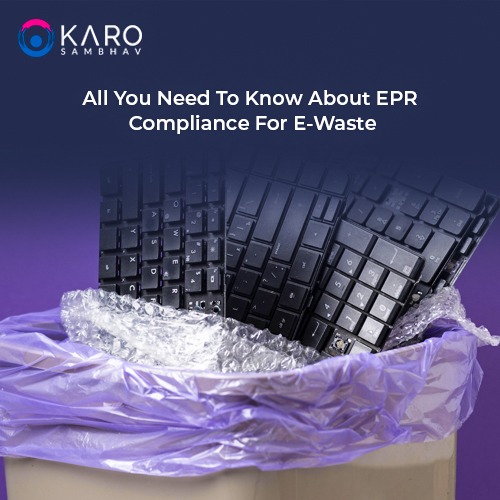Circular Economy in India: Exploring Circular Jobs & Economic Growth

People who are invested in the concept of sustainability are more or less aware of circular economy model. India’s shift to circular economy model holds extensive potential to develop circular jobs that eventually drive sustainable economic growth. Taking into account a report by the World Economic Forum, up to 50 million jobs can be produced with an estimated economic impact of $15 trillion. International Labour Estimates or ILO also estimates that the move towards green and sustainable practices might have an outcome of 24 million jobs by 2030. And, in this, around 18 million is directly related to renewable energy, energy efficiency, waste management, and additional resource-efficient spheres. What is Circular Economy? Circular economy is an economic model that aims at eliminating waste and pollution by preserving resources and utilizign them for the longest time possible. This is carried out by designing products that are convenient, reusable, remanufacturable...





